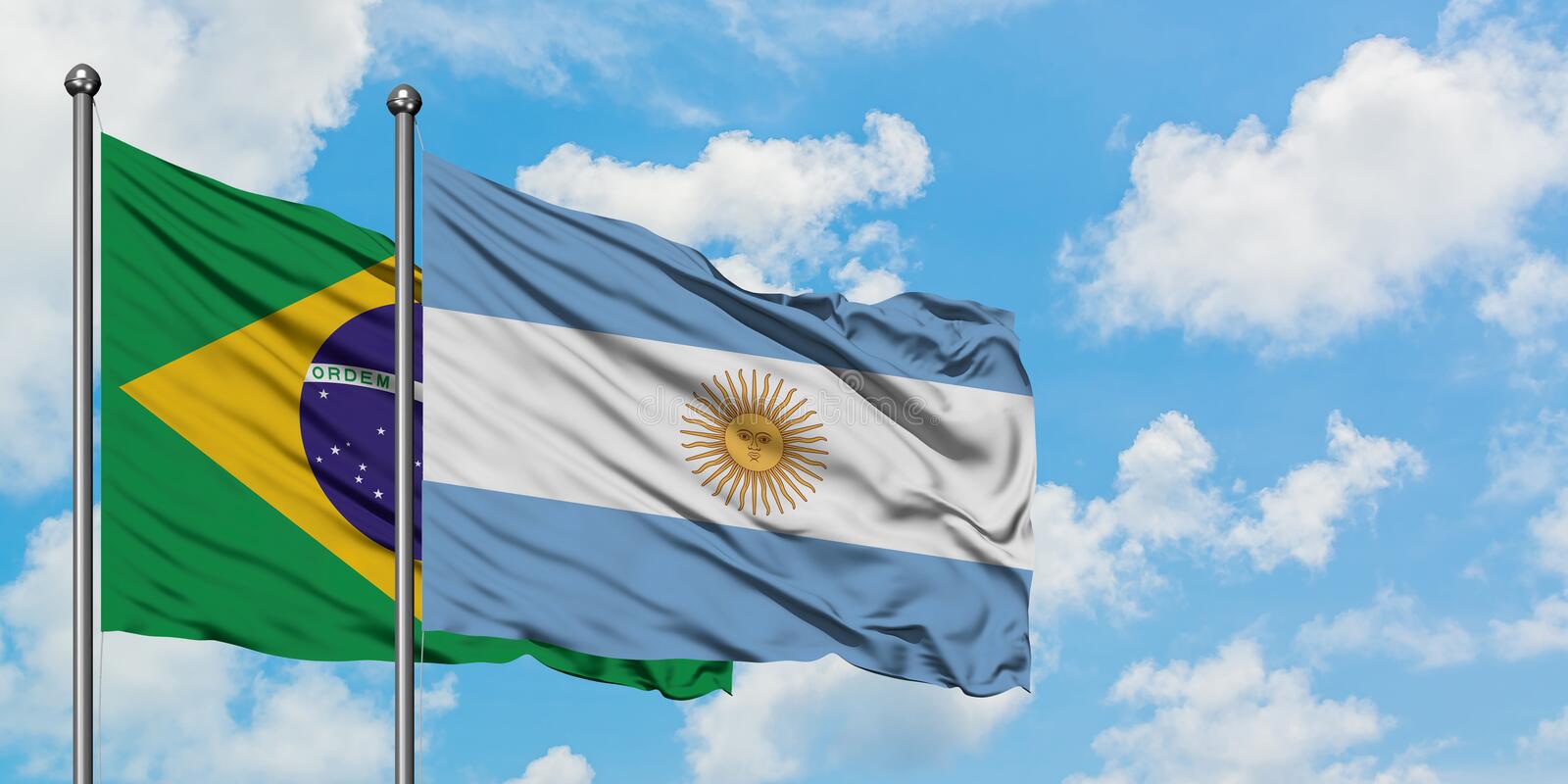By Diego Ramiro Guelar*
(Opinion) At the end of the 1960s – in the last century – Argentina accounted for 39% of South America’s GDP, and Brazil for only 26%.
Fifty years later, Argentina’s share is 15%, and Brazil’s is 51%.
This explains why the admiration and respect that Brazilians felt for us waned, despite the fascination that Buenos Aires still exerts in the collective imagination of Brazilians.

We spent 100 years competing with each other and developing a “war hypothesis” that culminated in the 1950s.
Both sides created nuclear agencies to build the “bomb,” intending to eventually drop them on each other.
In 1985, President Alfonsín’s clear-sightedness led him to offer President Sarney closer economic cooperation to advance integration on the European model.
He also stated that we must overcome the “war alternative,” make progress in complementing our nuclear programs and abandon any goal of building military arsenals with this technology.
Finally, in 1991, we established a Binational Nuclear Control Commission (ABACC) based in Rio de Janeiro.
That same year, we signed the Treaty of Asunción, which brought Paraguay and Uruguay into the flow of free trade in the region.
At that time, regional trade exchanges amounted to US$2 billion; by 2011, they had reached US$40 billion.
We made little progress in the following nine years, and in the last two years, we froze everything.
Today our regional trade amounts to only US$24 billion.
To make a long story short: We jointly negotiated the Free Trade Agreement with the European Union, made China our largest trading partner, and established a defense partnership with the U.S. as “the most important non-NATO ally.”
Neglecting this extraordinary common heritage, we have recently preferred folkloric questions of personality and insubstantial ideologisms.
It is excellent news for us that there was no landslide winner, left or right, in the first round of Brazilian elections on Oct. 2.
Both extremes would have a natural tendency to “lateralize” relations with Argentina and favor Brazil’s lonely position in the world.
More balance, resulting in a close second round of voting, requires “greater balance” in local and international relations.
The two new administrations in the two countries (one taking office in January, the other in December 2023) will have an excellent opportunity to reinvigorate the integration project and rise to the challenge that the world demands of us.
Supply energy, minerals, and food to a planet thrown out of balance by the Russian invasion of Ukraine (and the profound change in the prices of critical commodities due to insufficient supply).
Following the example of the E.U. agreement, we can propose similar negotiations with the U.S. and China.
The former proposed starting such negotiations in 1992 and the latter in 2010.
Brazil is a more integrated nation than Argentina, is growing faster than the U.S., E.U., and China this year, has a projected inflation rate of 7%, and has reserves of US$360 billion.
It will be an “anchor” that will help us restore the lost conditions of stability and credibility.
Argentina and the entire South American region need a Brazil ready to exercise democratic leadership in a pluralistic context that must not repeat past mistakes.
The dream of a “South American Union” is in danger of becoming a reality before the end of this century.
* Diego Guelar is a former ambassador to Brazil, the United States, and China.
This post is mirrored and was published first here.

